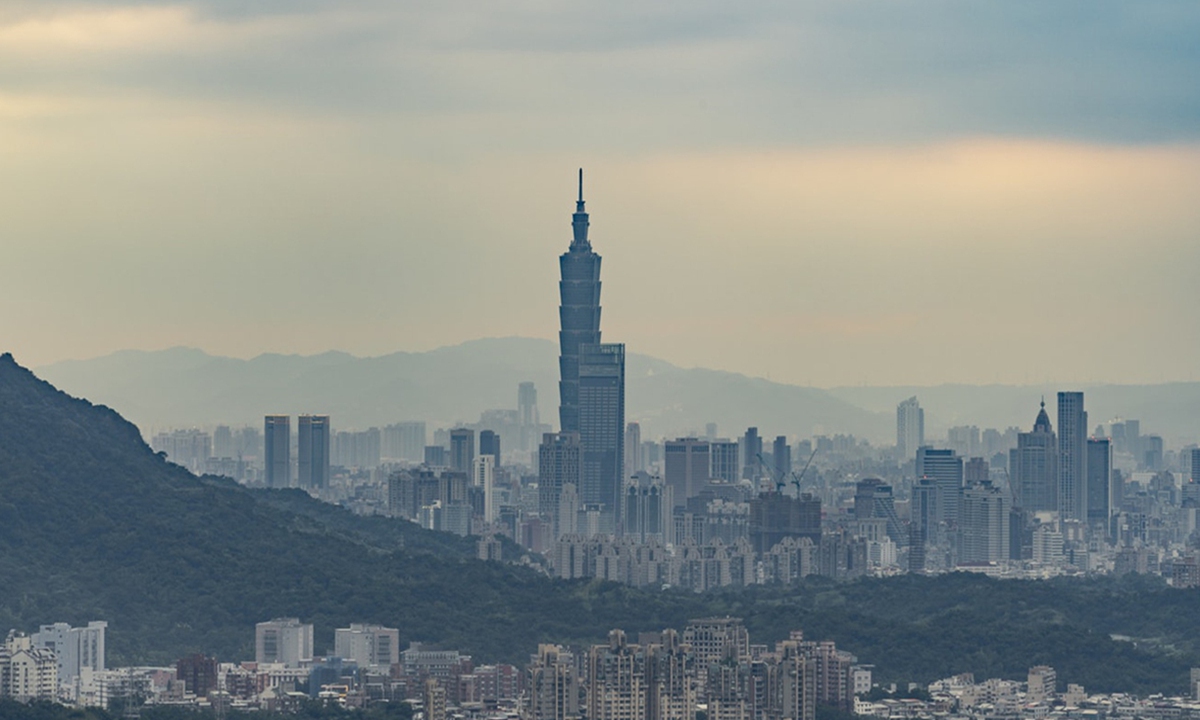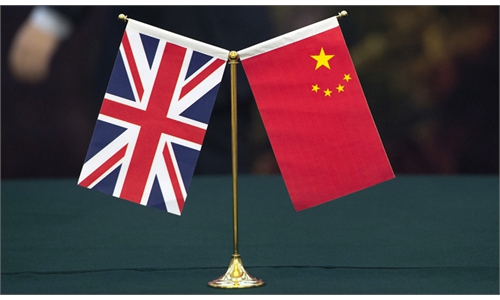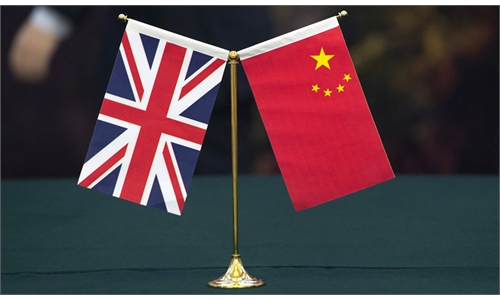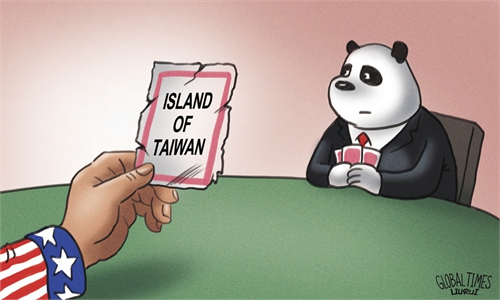Chinese mainland resumes clearing chilled fish from Taiwan region to promote cross-Straits trade

A view of the Taipei city, Taiwan island Photo: Unsplash
The Chinese mainland resumed clearing of two types of fish, chilled large-head hairtail and frozen horse mackerel, from the Taiwan region starting on Wednesday, in a bid to promote cross-Straits trade, Ma Xiaoguang, spokesperson of the Taiwan Affairs Office of the State Council, told a press conference on Wednesday.
In August 2022, Chinese mainland customs authorities suspended the entry of citrus fruits including grapefruits, lemons and oranges, as well as chilled large-head hairtail and frozen horse mackerel from the island, in accordance with regulations and food safety requirements, after the products tested positive for COVID-19.
The mainland previously removed nucleic acid testing and COVID-19 monitoring requirements for imported cold-chain foods following the optimization and adjustment of its COVID-19 prevention and control measures, according to Ma.
The General Administration of Customs (GAC) made the decision on Wednesday to promote the healthy development of cross-Straits trade, Ma added.
Experts said this serves as another reflection of the central government's sincerity in making continuous efforts to bring trade back on track for the benefit of Taiwan residents.
When the trade suspension was imposed last year, it aroused big concerns among local industry players, who were worried that it could have an impact on the local economy, which relies heavily on exports. The mainland market is the island's core export destination.
Taiwan's 2021 agricultural trade profile showed that the mainland is the island's No.1 agricultural export market. In 2021, the proportion of citrus fruits exported to the mainland was as high as 86 percent, and the volume of fresh or refrigerated large-head hairtail was 9,146 tons, all of which was exported to the mainland.
About 50 percent of the volume of frozen horse mackerel was sold to the mainland.
Cui He, president of the China Aquatic Products Processing and Marketing Alliance, told the Global Times on Wednesday that there is no other market like the mainland, with its huge capacity for products from the Taiwan region.
The decision on Wednesday is good news for the local aquatic industry, and as consumption recovers amid an economic rebound, market potential will be further unleashed, the insider said.
In a recent interview with the Global Times, Kuo Chien-hsien, director of the Taiwan Tilapia Alliance, said that the mainland's import suspension would have a tangible impact on local fisheries and processing plants in Taiwan. Seafood products are generally sold at higher prices due to scale demand in the large mainland market, indicating the unique role of the mainland for the region's seafood exports.
Hu Shiqing, a researcher at the Taiwan Studies Institute of the China Academy of Social Sciences, told the Global Times on Wednesday that the mainland sent a positive message to the Taiwan authorities that as soon as the food safety issue was resolved, the entry of the fish products resumed.
"It shows the central government's willingness to continue to actively promote cross-Straits economic and trade bonds," Hu said.
However, experts also warned the secessionist Democratic Progressive Party (DPP) against provocations that would undermine cross-Straits relations as well as economic and trade exchanges.
When the trade suspension was announced in August 2022, the DPP called it a retaliation for the visit of Nancy Pelosi, who was speaker of the US House of Representatives at the time.
Taiwan's regional leader Tsai Ing-wen is again reportedly trying to meet the new House speaker, which is another highly provocative move that would further undermine cross-Straits ties, experts said.
Should the DPP further collude with external forces to engage in secessionist actions and poison the cross-Straits atmosphere, various countermeasures, including on the trade and economic level, could be taken, Tang Yonghong, deputy director of the Taiwan Research Center at Xiamen University, told the Global Times.



